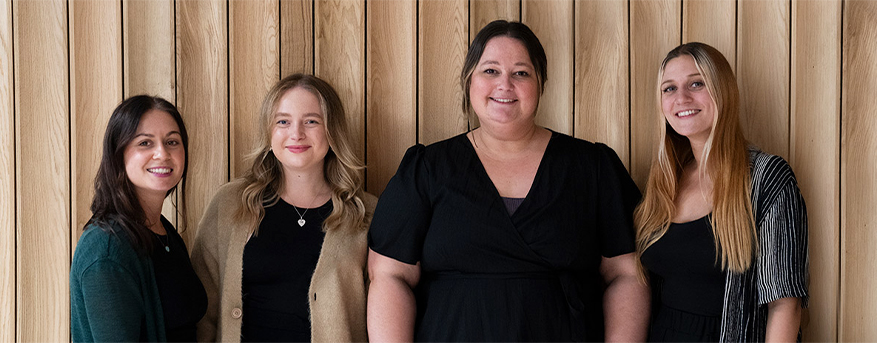Best time to go to Equatorial Guinea

Equatorial Guinea has a tropical monsoon climate, so aim for the dry season. Not only can you pack away your raincoat, you could also spy nesting sea turtles.![]()

Equatorial Guinea lounges just above the equator, so heat, humidity, rain and cloud occur all year round. However, it also has distinct wet and dry seasons. Dry season is the best time to visit Equatorial Guinea, but it occurs at different times on the islands and continent. Bioko Island is driest November to February, when overcast skies and 25°C temps are the norm, and sea turtles nest on the southern beaches. The mainland is generally driest from June to August. Bioko’s wet season usually runs from March to October, while mainland cities like Bata are wettest around November, the rains keeping the rainforests and mangrove rivers well-fed.
Equatorial Guinea Weather Chart
MIN °C
MAX °C
RAIN (mm)
JAN
19
31
30
FEB
21
32
65
MAR
21
31
105
APR
21
32
180
MAY
22
31
240
JUN
21
29
280
JUL
21
29
190
AUG
21
29
170
SEP
21
30
245
OCT
21
30
265
NOV
22
30
90
DEC
21
31
40
Things to do in Equatorial Guinea
Things to do in Equatorial Guinea...
Things not to do in Equatorial Guinea...
Our top trip
Equatorial Guinea small group holiday
The highlights of one of Africa's least known countries
From
£3199
10 days
ex flights
Small group travel:
2025: 12 Jan
2025: 12 Jan
Contact Us

Call us for a chat about our holidays. We are happy to discuss your holiday and help in any way we can. No bots, queues or awful hold music.
01273 823 700
Call us until 6pm
Calling from outside the UK

Equatorial Guinea holiday advice
Jim O’Brien, who organises some of our top Equatorial Guinea holidays, shares his travel tips for this under-visited country:
Political & natural history
“Equatorial Guinea tends to be the sort of place that people visit once they’ve visited everywhere else, but it’s a fascinating destination in its own right, with some interesting – if often rather difficult – modern history. It’s a great place for wildlife, in particular birds and primates.”
Turtle country
“A favourite thing to do is to watch turtles come ashore to lay their eggs – always a special experience. As well as this, the trek to the crater of Lake Biao is worthwhile, with great views and the chance to see primates if you’re lucky.”
A warm welcome
“I’d been expecting difficult policemen and a lot of wasted time at roadblocks, but found the country to be open and welcoming, especially in the more rural areas. I didn't find that the politics affected how I travelled Equatorial Guinea.”
Spanish past
“With the exception of Western Sahara, Equatorial Guinea was Spain’s only colony in Africa, surrounded by a sea of French colonies. To this date Spanish is spoken here, although by virtue of its neighbours French is a second language.”










